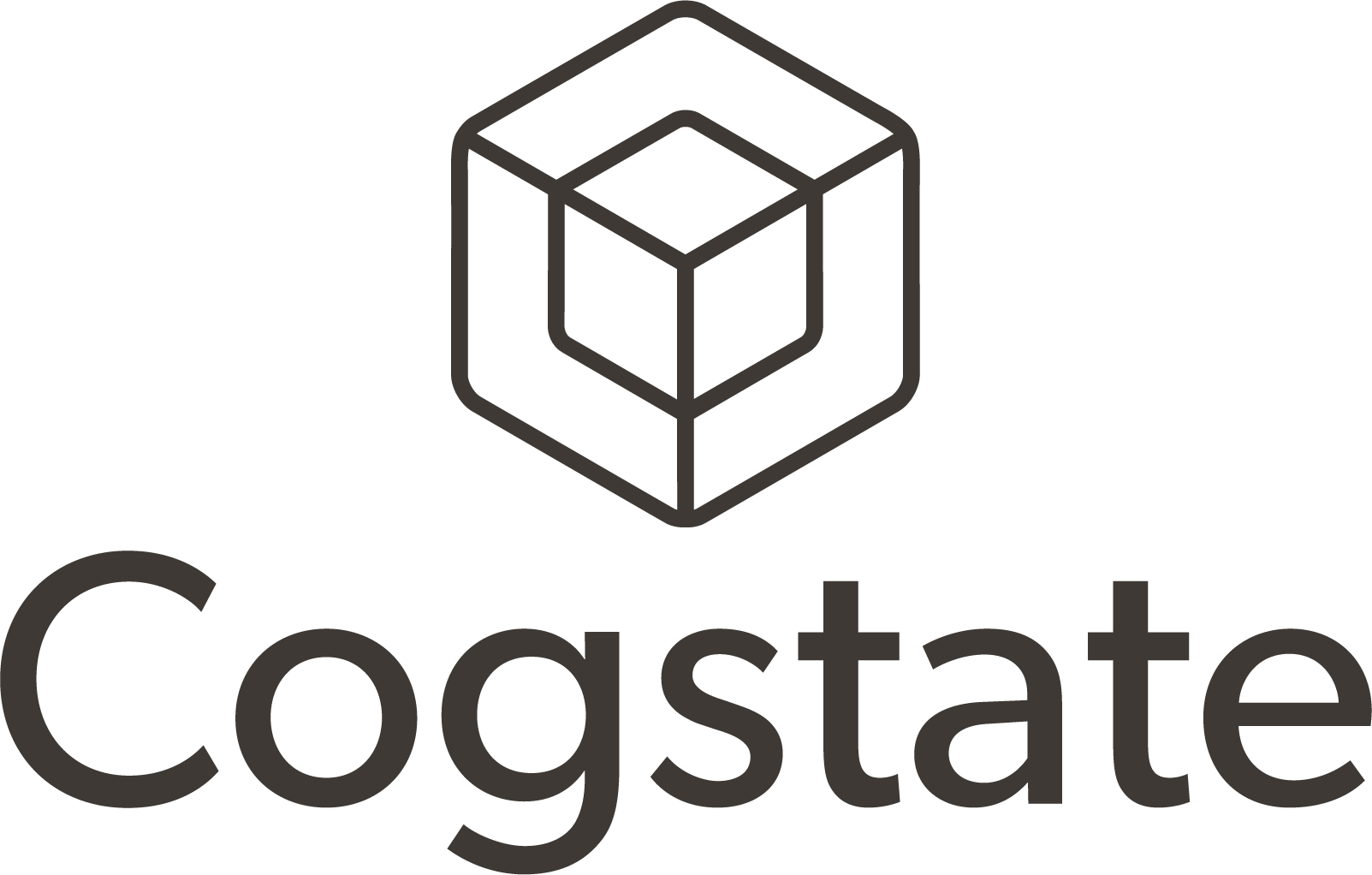Advances in treatments are substantially increasing survival rates in people with cancer. While indices of overall survival and progression-free survival are the most widely accepted clinical endpoints for determining the efficacy of new therapies in oncology, there is growing interest in patient-centered clinical outcome assessments (COAs) to determine the potential benefits and safety of new and existing treatments as well as their effects on level of overall function.
Cognitive abilities and mood have a strong impact on levels of functioning in oncology patients across various indications—even those outside brain cancers. For example, it has been estimated that impairment in memory, executive function, attention, and processing speed, occur in up to 30% of patients prior to any treatment and in up to 75% of patients during treatment.* Furthermore, there are always concerns about the extent to which any treatment itself can lead to new, and potentially irreversible issues in memory, attention, or executive function.
Appropriately measuring and evaluating cognition impairment throughout the development lifecycle of new therapeutics in oncology is therefore vital to improving patient quality of life and to understanding the effects of new and existing drug treatments. As such, clinical trial teams are leveraging digital technologies to measure cognition including using both patient-reported and performance-based assessments to answer important questions about the safety and efficacy of new therapeutics.
Register for this webinar to hear experts discuss the role and relevance of cognitive endpoints in clinical trials to accelerate understanding of cognitive dysfunction related to cancer treatments. Presenters will discuss the collection of digital endpoints relevant to oncology that can improve signal detection and gather relevant data needed to measure treatment response.
*DOI: 10.1200/EDBK_201179 American Society of Clinical Oncology Educational Book 38 (May 23, 2018) 795-806.
Speakers

Paul Maruff, PhD, Chief Innovation Officer, Cogstate
Professor Paul Maruff is one of the founders of Cogstate and served as Chief Science Officer before taking on the role of Chief Innovation Officer. He is a neuropsychologist with expertise in the identification and measurement of subtle behavioral and cognitive dysfunction. Paul’s research integrates conventional and computerized neuropsychological testing with cognitive neuroscientific methods to guide decision making in drug development and in clinical medicine. Paul remains an active researcher. He is appointed Professor at the Florey Institute for Neuroscience and Mental Health. He is currently clinical co-chair of the Australian Imaging Biomakers and Lifestyle (AIBL) study. Paul has published over 450 research articles in international peer-reviewed scientific journals and has co-authored 15 book chapters.

Kelly Dumais, PhD, Senior Scientific Advisor, ERT
Dr. Dumais is a neuroscientist with 8 years of experience in the design and management of neuroscience research. She has extensive experience in electronic clinical outcome assessments (eCOA) and the development and validation of patient reported outcomes (PROs) to support labeling claims. She consults on best practices for questionnaire design and eCOA design/use. Kelly develops custom site rater training for improving inter-rater reliability and develops custom patient training for improving accuracy in PRO reporting and patient engagement. She has co-authored book chapters and over a dozen manuscripts and has presented her work at national and international meetings. Dr. Dumais completed her doctoral training in Psychology- Neuroscience from Boston College and completed her Postdoctoral Fellowship at McLean Hospital – Harvard Medical School.
Who Should Attend?
Executives, directors, scientists and managers from pharma, biotech and CROs responsible for the clinical development of oncology or related therapeutics, including:
- Research and Development
- Clinical Operations
- Clinical Science
- Outcomes Research
- Outsourcing and Procurement
- Project Management
- Clinical Trial Planning and Optimization
- Medical Affairs
What You Will Learn
Following the webinar, participants will have a greater understanding of:
- The assessment of cognition and function in people with cancer entering clinical trials – the application of subjective (PRO) and objective (PerfO) measures
- Leveraging digital technologies to drive sensitive, reliable and efficient measurements
- Statistical and methodological issues associated with identification of treatment-related cognitive dysfunction
- Recent regulatory guidance and implications for trial conduct
- Remote assessment considerations for decentralized trials
- Case examples from pediatric and adult indications, including immuno-oncology
Xtalks Partner
Cogstate
Cogstate Ltd (ASX:CGS) is a leading science and technology solutions provider dedicated to optimizing the measurement of cognition in clinical trials, academic research and healthcare. Cogstate provides enabling technologies and professional services for higher quality neuropsychological assessments and is a pioneer in commercializing rapid, reliable and highly sensitive computerized cognitive tests. Cogstate customers include the world’s leading biopharmaceutical companies; elite sporting organizations and military; physicians and patients; renowned academic institutions and public-private partnerships. For more information, please visit www.cogstate.com.
You Must Login To Register for this Free Webinar
Already have an account? LOGIN HERE. If you don’t have an account you need to create a free account.
Create Account






